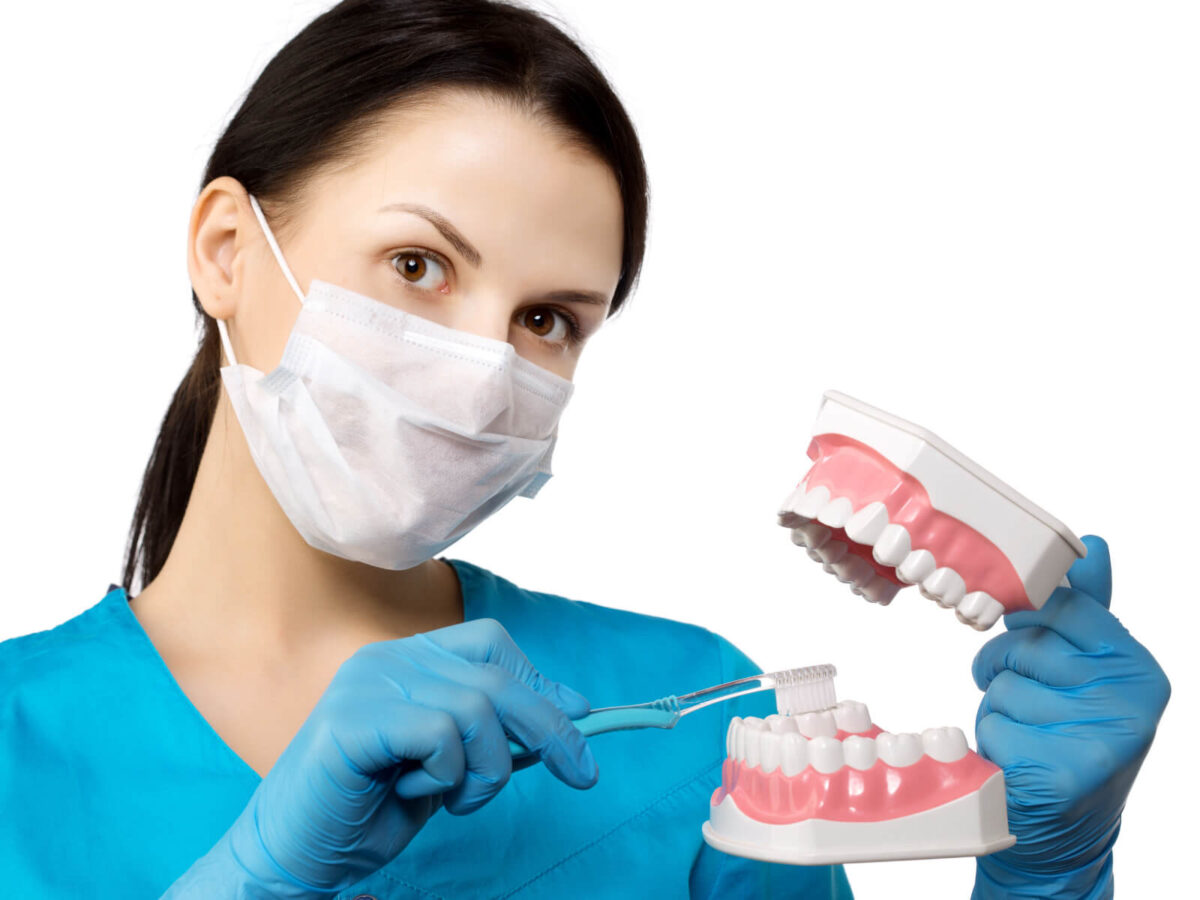Blog
Dental hygiene tips for healthy teeth & gums

The Truth About Charcoal Toothpaste: Is It Safe For Your Teeth?
Ever notice those black toothpaste tubes? They just pop out on the shelf. Honestly, they look more like some fancy face scrub than something you’d brush your teeth with. Black toothpaste that gives you a brighter smile? Sounds magical.
But hang on. Before you swap out your regular toothpaste for something that looks like it came out of a chimney, let’s talk. Because if you’re brushing your teeth with charcoal, there’s more going on than just some trendy packaging.
At Tidwell Road Dental Office, TX, we’ve seen the buzz—and we’ve also seen the side effects. So let’s have a real talk about what this stuff actually does inside your mouth.
What’s Actually In Charcoal Toothpaste?
First off, it’s not just the kind of charcoal you’d use for grilling burgers. This stuff is called activated charcoal—it’s been processed to have tiny pores that can bind to stuff like toxins and stains.
Sounds cool in theory. In fact, the idea comes from medicine, where activated charcoal is sometimes used to treat poisonings. But teeth? That’s a whole different story.
The gritty texture is part of the appeal. It feels like it’s scrubbing your teeth clean, and some folks love that sensation. But there’s a reason toothpaste companies don’t usually brag about using sandpaper.
Why People Love It Anyway
We get it. The whole “natural” angle is a huge draw. People are tired of long ingredient lists and chemicals they can’t pronounce. Plus, that clean, almost squeaky feeling after brushing with charcoal toothpaste? Kinda satisfying.
But let’s be honest—just because something’s different doesn’t mean it’s better. Or safer.
Enamel Doesn’t Grow Back, Folks
Here’s where it gets serious: your enamel is not renewable. Once it’s worn down, it’s gone. And that gritty charcoal texture? It’s basically scrubbing away the stuff that protects your teeth.
We’ve had patients come in thinking they were doing something good for their smile, only to find out the toothpaste they’ve been using was slowly wearing down their enamel. And that’s not something you can just “fix” with another product.
The damage can show up as sensitivity, duller-looking teeth, or even a darker shade over time.
So… Does It Actually Whiten Teeth?
Here’s the thing a lot of people don’t realize: charcoal toothpaste doesn’t change your tooth color. It’s not bleaching or lightening anything below the surface.
It can help clean off some of the superficial stains—stuff from coffee, wine, or your morning tea. But after that first scrub, there’s not much else going on.
If you’re hoping for a big, noticeable difference in how white your teeth look, charcoal toothpaste might not help much.
Let’s Talk About Fluoride (Because Nobody Does)
Another thing that often gets left out? Many charcoal toothpastes skip fluoride.
Now, you might not think much of that. But fluoride is kind of a big deal. It strengthens enamel, helps prevent decay, and is one of the few ingredients in toothpaste that’s actually proven to protect your teeth.
So if you’re using a charcoal paste that leaves fluoride out of the mix, you’re brushing without the best defense modern dentistry has to offer. And honestly? That’s a pretty big gamble.
What The Research Says (And Doesn’t Say)
We wish we could tell you there’s tons of research proving charcoal toothpaste is safe and effective. But… nope. Not really.
In fact, most dental associations haven’t given it their approval. And when it comes to long-term effects? We’re still in the “experiment” phase.
As dental professionals, we’re a little cautious when something new shows up with bold claims but not a lot of data to back it up. Trends come and go, but your enamel? That’s got to last a lifetime.
Safer Ways To Whiten Without Wrecking Your Teeth
The good news? There are still plenty of ways to get a whiter smile that won’t put your enamel at risk.
Here are a few options we actually recommend:
- Toothpaste with a little baking soda (gentle but effective)
- Occasional use of peroxide-based gels
- Professional whitening at your Tidwell Road Dental Office TX (yep, we’ve got the good stuff)
The bonus with in-office whitening? We can customize the treatment to fit your smile and check for sensitivity before anything gets started.
Should You Keep Using Charcoal Toothpaste?
Here’s the thing—if you pull it out once in a while, your teeth are in solid shape, and you’re not brushing like you’re sanding wood, chances are, you’re not doing too much harm. But if you’re going at it every day or brushing with way too much pressure, that gritty stuff can slowly wear your teeth down.
And if your toothpaste doesn’t have fluoride? That’s a red flag.
We’ve seen people swap to charcoal toothpaste thinking they were upgrading their routine—only to end up with more sensitivity and a higher risk of decay.
Final Thoughts From Your Tidwell Road Dentist TX
Listen—we’re not here to tell you what to do with your toothpaste drawer. But we are here to keep your smile healthy for the long run.
Charcoal toothpaste might look edgy and feel satisfying, but without fluoride, and with that rough texture, it’s not as harmless as it seems. You only get one set of adult teeth, and the enamel you have today needs to last you a lifetime.
Want whiter teeth? Come see us. We’ll talk through safe, proven options that actually work. No guesses. No gimmicks. Just honest care that puts your smile first.
Swing by your local Tidwell Road Dental Office TX. We’re always here to answer questions, check your enamel, and help you choose what’s actually best for your teeth—not just what’s trending online.


